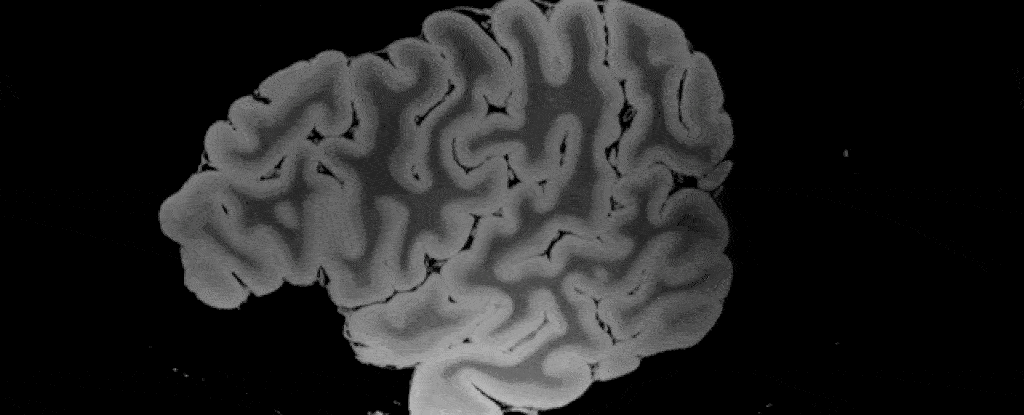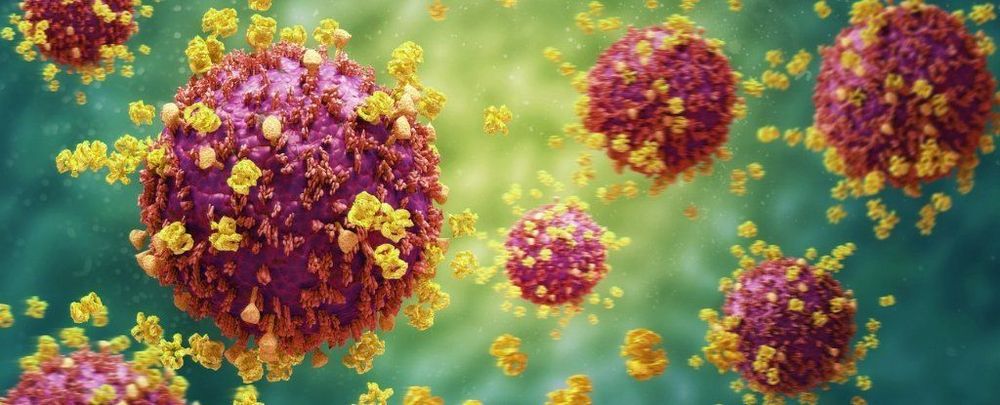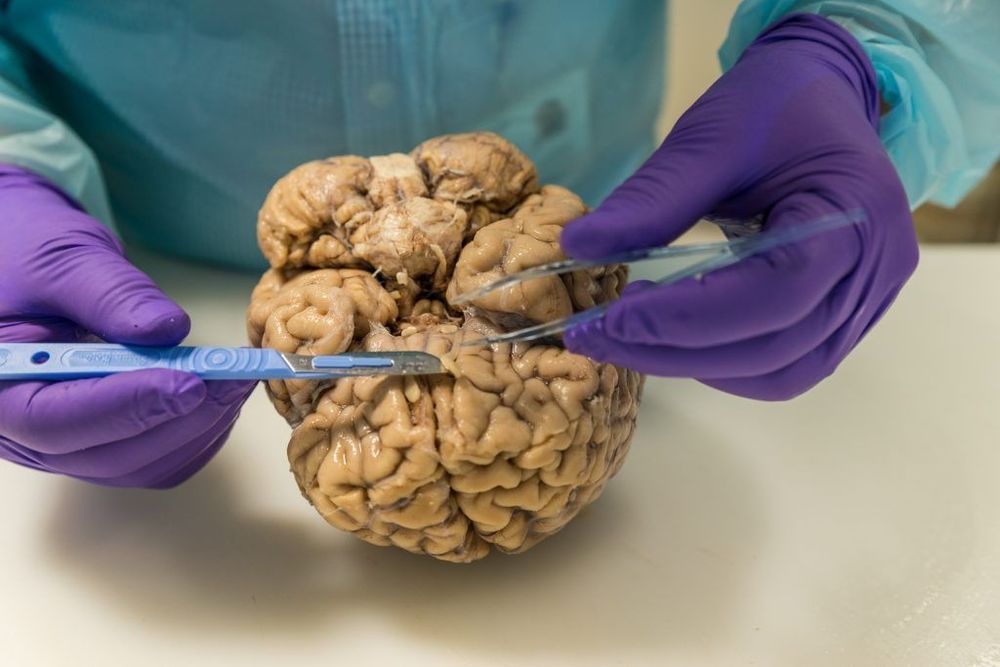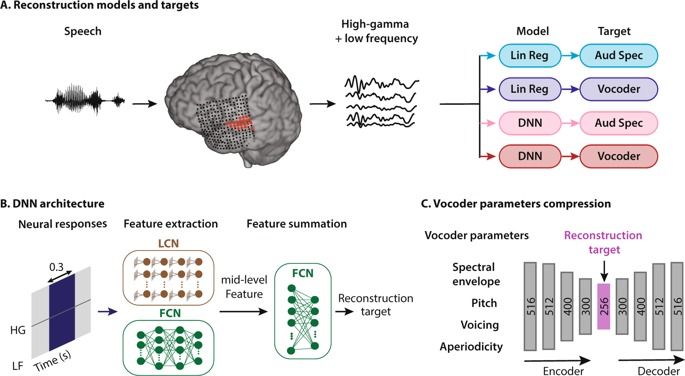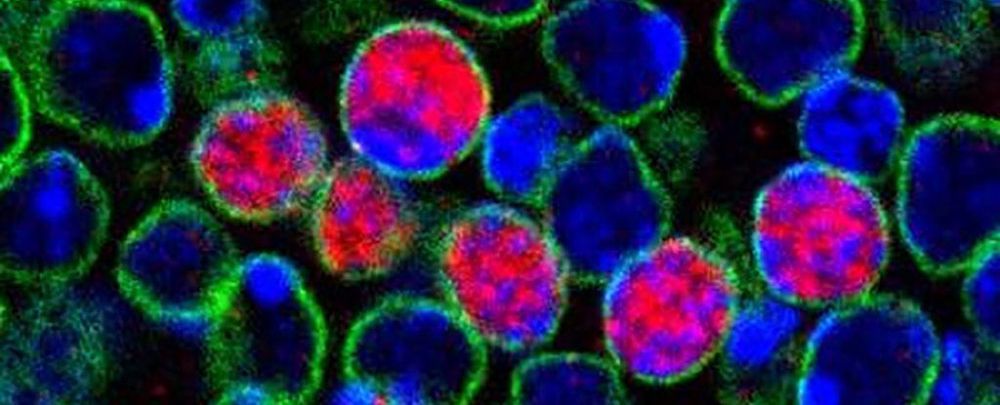Scientists have produced what looks to be the most detailed magnetic resonance imaging (MRI) scan ever taken of the human brain anatomy, and are sharing their data with the public.
Thanks to an anonymous deceased patient whose brain was donated to science – and a gargantuan 100 hours of scanning with one of the most advanced MRI machines – the world now has an unprecedented view of the structures that make thought itself possible.
In a new study led by neuroimaging scientist Brian L. Edlow from Massachusetts General Hospital, researchers describe how they recorded their ultra-high resolution MRI dataset of the ex vivo specimen, offering a never-before-seen view of the “three-dimensional neuroanatomy of the human brain”.
